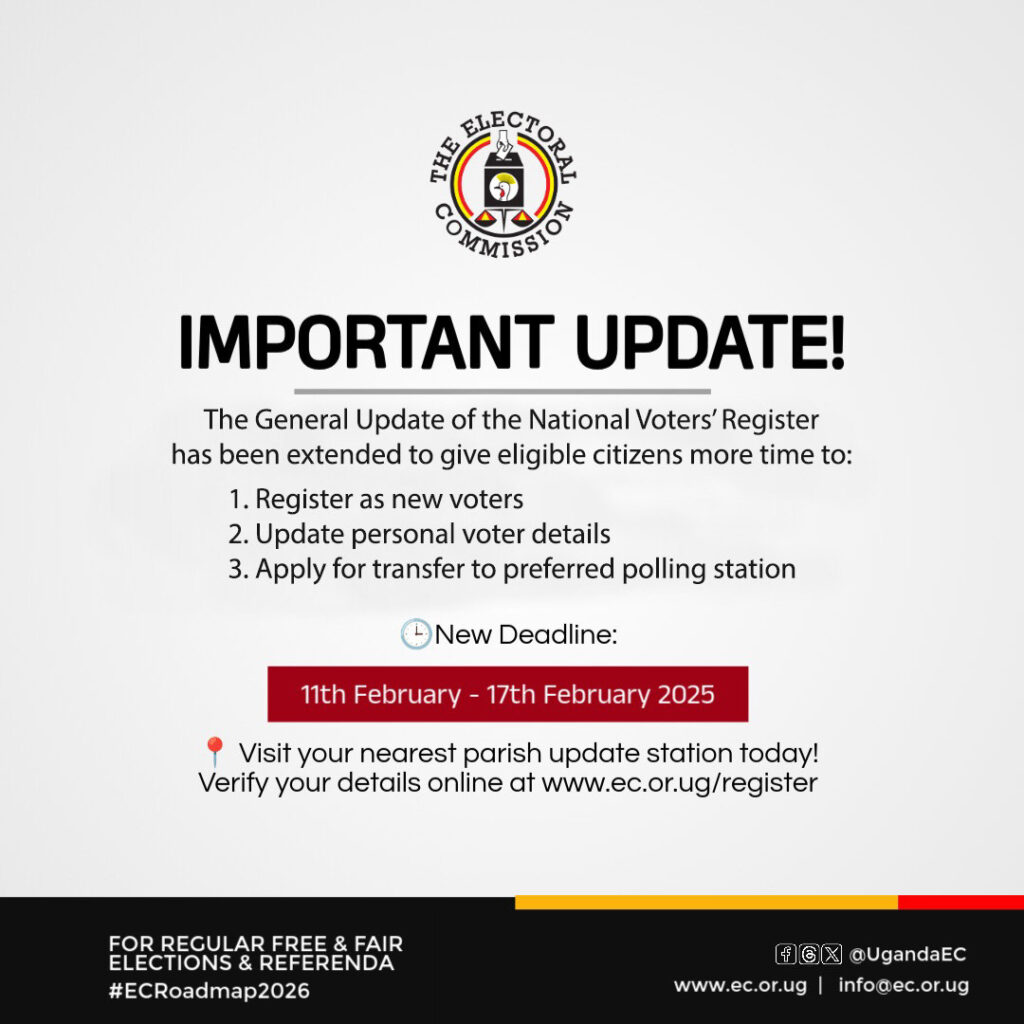Entebbe, Uganda: Entebbe International Airport in Uganda has seen a remarkable increase in passenger traffic over the years, particularly recently, our ResearchFinds News team has established.
From handling 118,000 international passengers in 1991, the airport witnessed a steady upward trend, reaching 1.8 million passengers in 2019.
Despite the COVID-19 pandemic causing a decline to 565,541 passengers in 2020, the airport made a notable recovery in 2022 with 1.57 million passengers.
“In the first quarter of 2023, the airport recorded 402,314 passengers, demonstrating resilience and approaching pre-pandemic levels,” says Vianney Luggya, the Spokesperson of the Uganda Civil Aviation Authority (UCCA) during an interaction with our research team.

Mr. Luggya says that the relaunch of Uganda Airlines and the entry of new operators are expected to fuel further growth.
The cargo sector has also thrived, with the airport handling 61,000 metric tonnes in 2022 compared to 6,600 metric tonnes in 1991.
A new state-of-the-art cargo center has been established to meet the increasing demand for Ugandan exports, including fresh produce destined for markets worldwide. The entry of new operators such as Airlink, Air Arabia, and Air Kenya, has also furthered growth in passenger traffic, paving the way for increased tourism potential.
The cargo section handles cargo such as fresh produce, including fish, flowers, vegetables, and fruits, and constitutes a significant portion of Uganda’s exports, catering to markets in the Netherlands, Belgium, the Middle East, and others.
“To address the growing demand, that is why a state-of-the-art cargo center with an annual capacity of 100,000 metric tonnes has been established, effectively meeting the needs of exporters,” he adds.
The ongoing upgrade and expansion project at Entebbe International Airport has contributed to these positive developments. Currently, at 85% completion, the project includes strengthening runways, rehabilitating taxiways and aprons, and constructing a new terminal building. By the end of 2023, the airport’s capacity is set to increase from 2 million passengers to at least 3.5 million passengers annually.
To ensure efficient operations, a Terminal Operations Control Centre has been established, providing automation and improved management. This project, implemented with a grant of USD 9.5 million from the Government of South Korea, has delivered various systems such as the Computerized Maintenance Management System (CMMS), Airport Operational Database (AODB) system, and the ATS Message Handling System (AMHS). Additionally, capacity-building initiatives, including training of Ugandans in Korea, have been undertaken.
The commitment to expand connectivity is evident through the signing of Bilateral Air Service Agreements (BASAs) with countries such as Finland, Colombia, and Nigeria, with more BASAs underway. Currently, 27 out of 51 BASAs have been operationalized, showcasing Uganda’s dedication to opening new air routes and attracting more operators to the country.
Uganda Civil Aviation Authority (UCAA) has been recognized for its commitment to quality management systems, with Entebbe International Airport and other aerodromes operated by UCAA receiving ISO 9001:2015 certification. This certification reaffirms the authority’s compliance with rigorous international standards.
Furthermore, UCAA has implemented the new Electronic Government Procurement System (eGP) and approved additional Aviation Training Organizations (ATOs), ensuring streamlined processes and expanding training opportunities for aviation professionals. The transition to satellite-based navigation has enhanced air traffic management, allowing for improved safety, efficiency, and capacity within Uganda’s airspace.
Notably, the introduction of free routing airspace within the Entebbe Flight Information Region has provided pilots with the flexibility to fly between points without following predefined routes, further optimizing operations.
Mr. Luggya attributes all this to a steady program of service delivery by the government of the National Resistance Movement (NRM) which has set out in its manifesto to improve the conditions of doing business in Uganda through an efficient air transport system that will improve the country’s exports and encourage more tourists to spend foreign currency here.

Entebbe International Airport Fact & Figures:
Passenger Traffic:
In 1991, the airport handled 118,000 international passengers.
The number of passengers increased to 1.8 million in 2019.
Due to the COVID-19 pandemic, passenger traffic declined to 565,541 in 2020.
In 2022, the airport registered 1.57 million passengers.
In the first quarter of 2023, Entebbe International Airport recorded 402,314 passengers, showing a resilient recovery.
Cargo Operations:
Entebbe International Airport handled 6,600 metric tones of cargo in 1991.
The cargo volume surged to 61,000 metric tones in 2022.
Fresh produce, including fish, flowers, vegetables, and fruits, constitutes a significant portion of Uganda’s exports.
Expansion and Upgrades:
The airport is undergoing a major upgrade and expansion project, which is currently at 85% completion.
The project includes strengthening runways and taxiways, rehabilitating and expanding aircraft parking aprons, and constructing a new terminal building.
The current terminal’s capacity will increase from 2 million passengers per year to at least 3.5 million passengers by the end of 2023.
Connectivity and Air Service Agreements:
Uganda has signed Bilateral Air Service Agreements (BASAs) with various countries, including Finland, Colombia, and Nigeria, to expand connectivity and attract more operators to the airport.
Uganda has concluded 51 BASAs, of which 27 are operational.
ISO Certification and Quality Management:
Entebbe International Airport and other aerodromes operated by the Uganda Civil Aviation Authority (UCAA) were awarded ISO 9001:2015 Quality Management Systems (QMS) certification.
The certification was granted by the United Kingdom Accreditation Service (UKAS) and is valid until 2024.
The certification was granted by the United Kingdom Accreditation Service (UKAS) and is valid until 2024.














